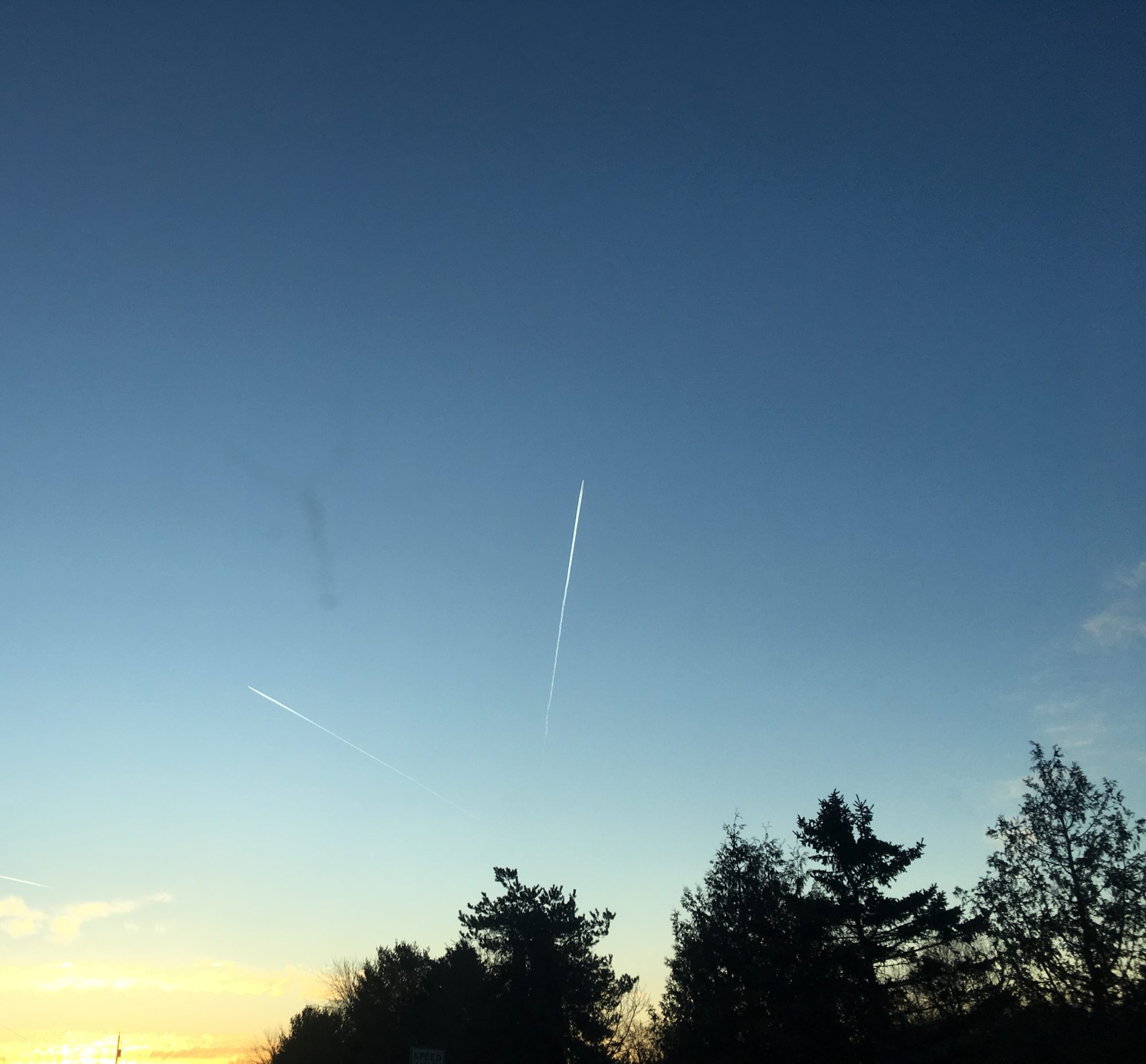Viruses don’t care about us. They are the ultimate selfish person, the malignant narcissist. Viruses only want to use us.
Viruses don’t care if they make us sick. They don’t care if we die. They care about one thing — making as many copies of themselves as possible. Moving from one body to another to do so. One household to another. One city, state, or country to another. They are relentlessly self-centered and mindlessly mobile in pursuit of their objective.
Viruses don’t care about our plans, desires or motivations. All that matters to them is that another body is nearby when they force its host to cough or sneeze. They prey on our desire for connection. They hunt us down as we peacefully enjoy a concert or worship God in his many sanctuaries. These are merely opportunities for narcissistic reproduction.
Viruses don’t care about our values. They have no compassion or compunction. They live without regret. They are alive only in the sense that zombies are — to mindlessly consume people. They are the adversary who must be killed before they kill us. This is war.
We can win this war.
We already know how to defeat this enemy. Isolate the sick. Quarantine the infected. Keep distance from strangers. Shun crowds. Stay home.
These methods are repellent to our human nature. We want to congregate, we enjoy gathering with friends. It’s natural to shake the hand of a new acquaintance or hug an old friend. But these are dangerous impulses now, motivated by our yearning to connect with others, yet co-opted by the virus to further its self-centered objectives.
But it is precisely these antisocial tactics that will ultimately overcome the virus. Because the quarantines and self isolation, the travel bans and shut downs of social gatherings are not antisocial at all. They are how we love our neighbor during these dangerous times. Keeping distance from our neighbor actually helps our neighbor, because it protects them from us, and us from them.
Social distancing is social. It’s an expression of love. For love sacrifices. Love does the hard but right thing. Love thinks of others, before it thinks of itself.
In the battle between the coronavirus and humans, love is going to win. Because like any narcissist, the coronavirus has a weakness. It lives for itself. But human beings live for love.
